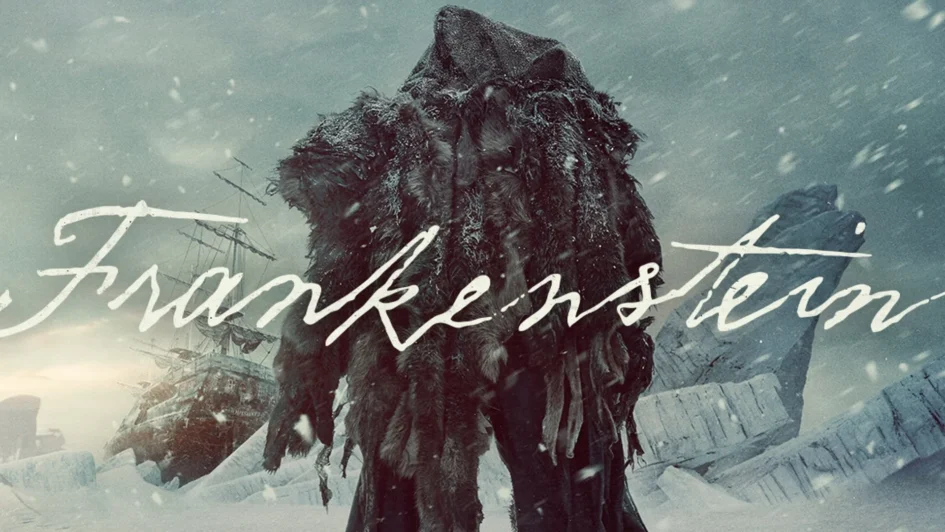Frankenstein is a hauntingly beautiful and deeply ambitious reimagining of Mary Shelley’s timeless story, elevated by breathtaking cinematography and anchored by two career-defining performances from Oscar Isaac and Jacob Elordi. From its opening moments, the film establishes an atmosphere of gothic grandeur, where every shot feels deliberate and painterly. The lighting is soft yet sinister, and the interplay of shadow and color creates a sense of both wonder and unease. Whether it’s the sterile glow of Frankenstein’s laboratory or the cold, rain-soaked landscapes that surround the creature, the visuals carry an emotional weight that makes the entire film feel like a moving work of art.
Oscar Isaac delivers an extraordinary performance as Victor Frankenstein, portraying him not simply as a mad scientist but as a man consumed by grief, genius, and guilt. Isaac’s interpretation is layered and subtle, shifting effortlessly between quiet obsession and explosive self-destruction. His presence commands every frame he occupies, and there’s a haunted look in his eyes that perfectly captures the tragedy of his creation. Jacob Elordi, on the other hand, gives one of the most compelling portrayals of the creature ever committed to film. His performance is equal parts physical and emotional, balancing monstrous rage with heartbreaking vulnerability. Elordi’s body language communicates everything: the weight of rejection, the yearning for connection, and the pain of realizing one’s own existence is a mistake. Together, Isaac and Elordi form the emotional core of the movie, and their scenes crackle with intensity and sorrow.

The film’s sound design and score add to its immersive experience, though not without some flaws. The music is constant, flowing through nearly every scene, and while it’s undeniably gorgeous, filled with swelling strings and haunting choral motifs, it sometimes overwhelms the dialogue. There are moments when the emotional clarity of a scene is slightly lost beneath the music’s insistence. It feels as if the score doesn’t know when to step back and let silence speak for itself. Still, the composition is powerful, reinforcing the film’s operatic tone and sense of tragic inevitability.
Mia Goth, who has been consistently impressive in roles like Pearl, X, and Infinity Pool, feels regrettably underutilized here. Her natural ability to blend fragility with menace could have brought a new layer of tension to the story, but her character remains frustratingly underwritten. She delivers strong work in the moments she’s given, but the film doesn’t allow her to explore the emotional complexity she’s capable of. It’s disappointing, especially knowing how magnetic she can be when the camera gives her room to breathe.
Despite its imperfections, Frankenstein stands as one of the most visually and emotionally striking interpretations of the tale in recent years. It’s a film that thrives on atmosphere, performance, and ambition, and even when it falters, it does so in pursuit of something grand. It feels less like a traditional adaptation and more like a meditation on what it means to create, to love, and to destroy. The final scenes leave a lingering ache, a reminder that in seeking to play god, Frankenstein and perhaps humanity itself can never escape the consequences of its own hubris. This version of Frankenstein is not just a story retold but a story reborn, pulsing with life, loss, and beauty in every frame.


